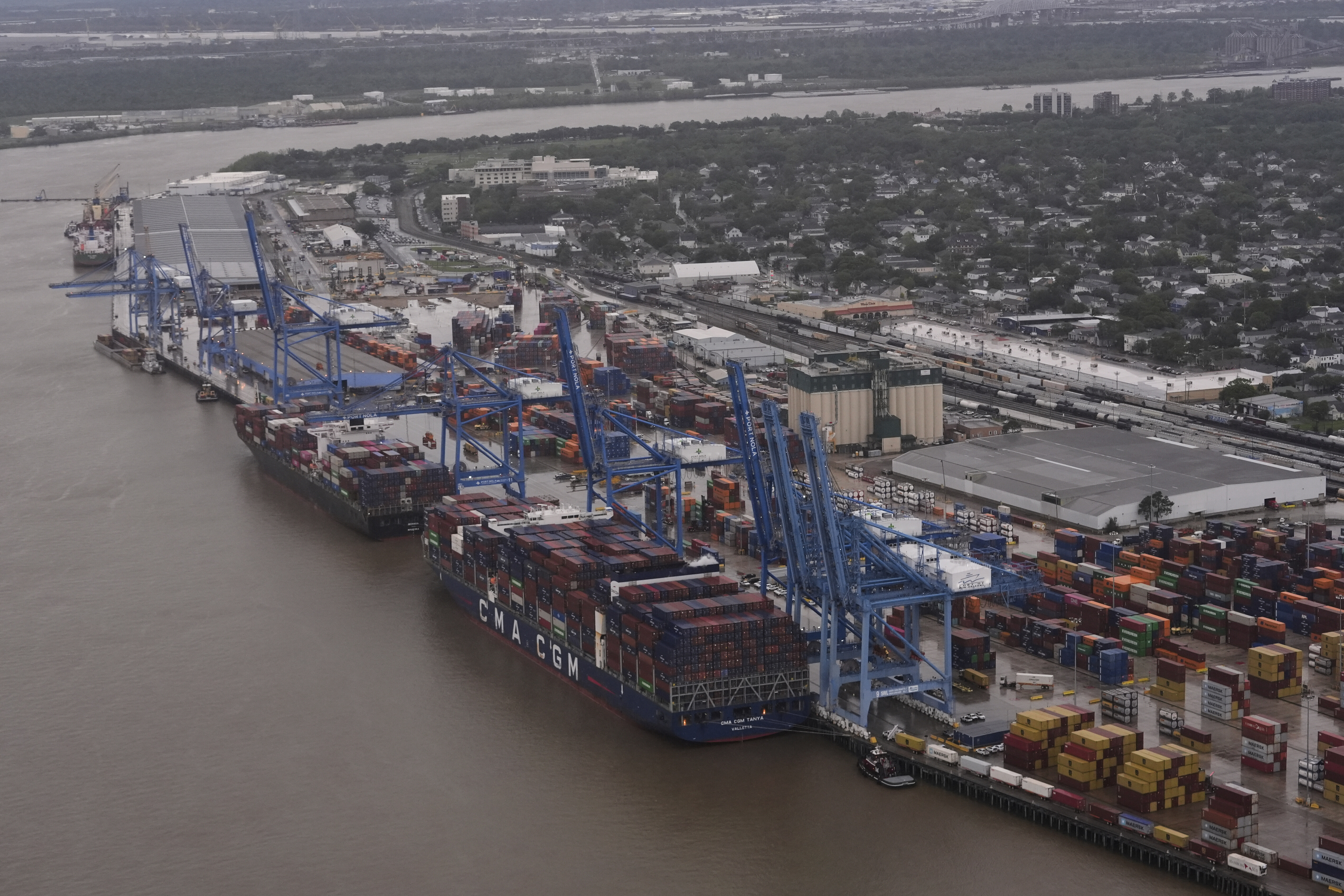We have seen this struggle before. It would be familiar to George Marshall. In his time, in the ashes of world war, another critical part of the world was torn between democracy and despotism. Fortunately, we had leaders of courage and vision, both Republicans and Democrats, who knew that America had to support friends who shared our values, and prevent today's crises from becoming tomorrow's conflicts.
Statesmen like Marshall rallied our nation to rise to its responsibilities as the leader of the free world. We helped our friends to build and sustain free societies and free markets. We defended our friends, and ourselves, from our common enemies. We led. And though the path was long and uncertain, the thought of war in Europe is as inconceivable today as it seemed inevitable in the last century.
This is what makes America exceptional: It is not just the character of our country-it is the record of our accomplishments. America has a proud history of strong, confident, principled global leadership-a history that has been written by patriots of both parties. That is America at its best. And it is the standard by which we measure every President, as well as anyone who wishes to be President. Unfortunately, this President's policies have not been equal to our best examples of world leadership. And nowhere is this more evident than in the Middle East.
I want to be very clear: The blame for the murder of our people in Libya, and the attacks on our embassies in so many other countries, lies solely with those who carried them out-no one else. But it is the responsibility of our President to use America's great power to shape history-not to lead from behind, leaving our destiny at the mercy of events. Unfortunately, that is exactly where we find ourselves in the Middle East under President Obama.
The relationship between the President of the United States and the Prime Minister of Israel, our closest ally in the region, has suffered great strains. The President explicitly stated that his goal was to put "daylight" between the United States and Israel. And he has succeeded. This is a dangerous situation that has set back the hope of peace in the Middle East and emboldened our mutual adversaries, especially Iran.
Iran today has never been closer to a nuclear weapons capability. It has never posed a greater danger to our friends, our allies, and to us. And it has never acted less deterred by America, as was made clear last year when Iranian agents plotted to assassinate the Saudi Ambassador in our nation's capital. And yet, when millions of Iranians took to the streets in June of 2009, when they demanded freedom from a cruel regime that threatens the world, when they cried out, "Are you with us, or are you with them?"-the American President was silent.
Across the greater Middle East, as the joy born from the downfall of dictators has given way to the painstaking work of building capable security forces, and growing economies, and developing democratic institutions, the President has failed to offer the tangible support that our partners want and need.
In Iraq, the costly gains made by our troops are being eroded by rising violence, a resurgent Al-Qaeda, the weakening of democracy in Baghdad, and the rising influence of Iran. And yet, America's ability to influence events for the better in Iraq has been undermined by the abrupt withdrawal of our entire troop presence. The President tried-and failed-to secure a responsible and gradual drawdown that would have better secured our gains.











